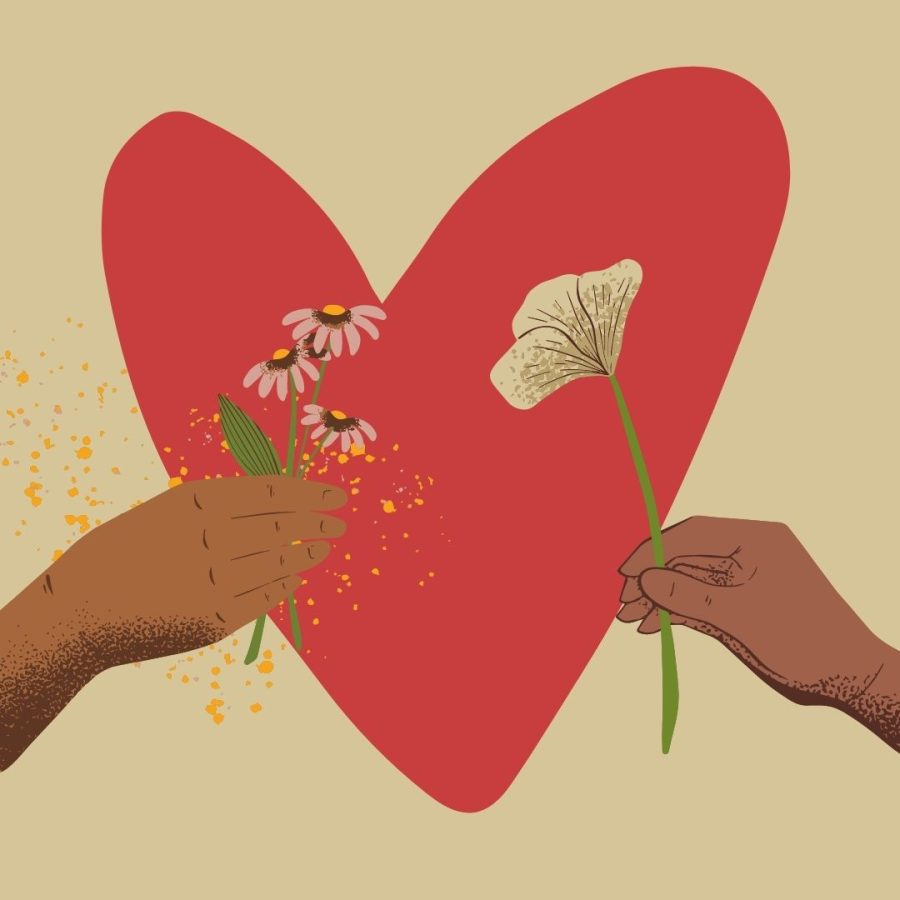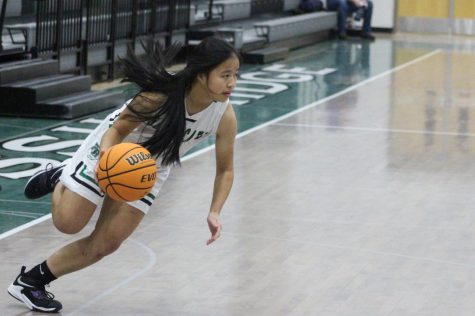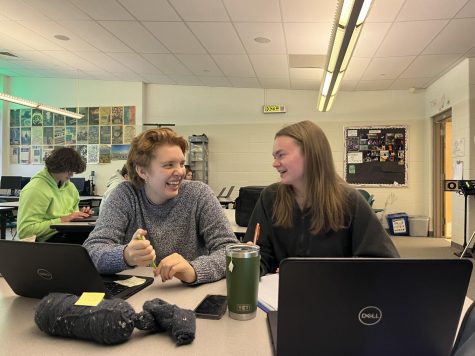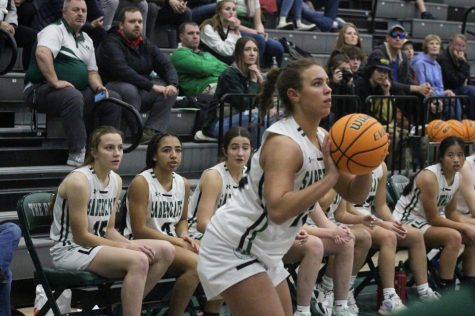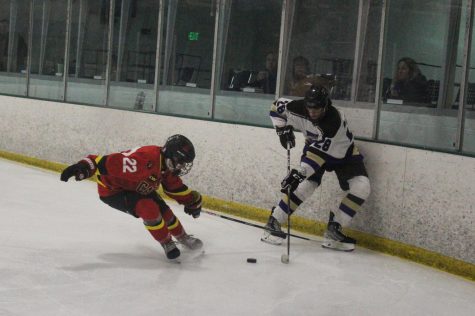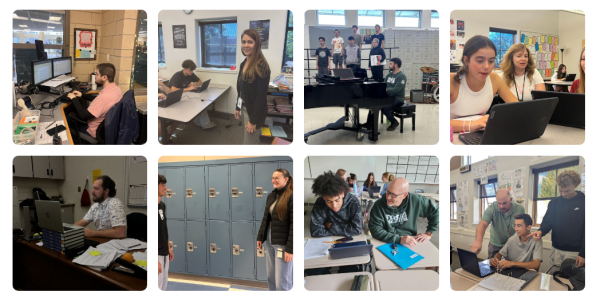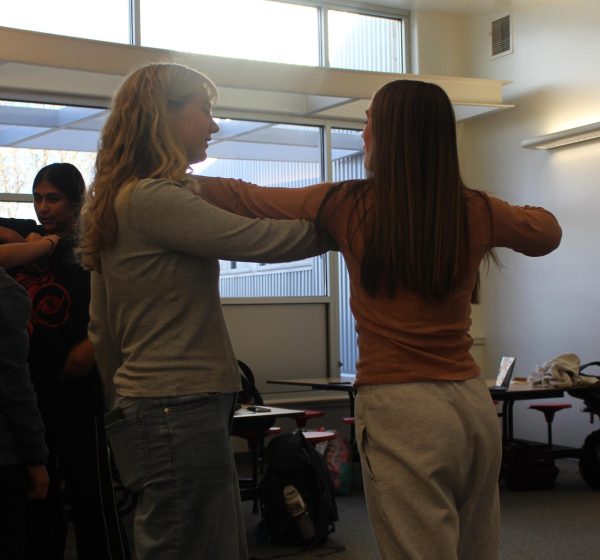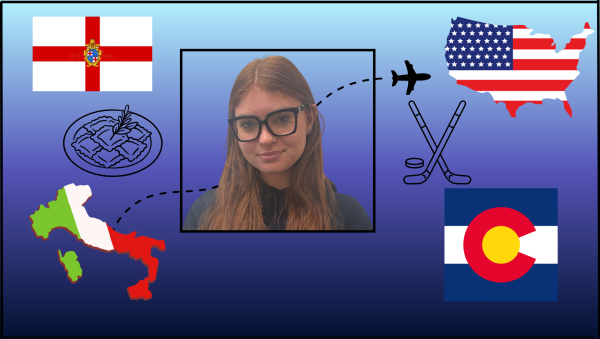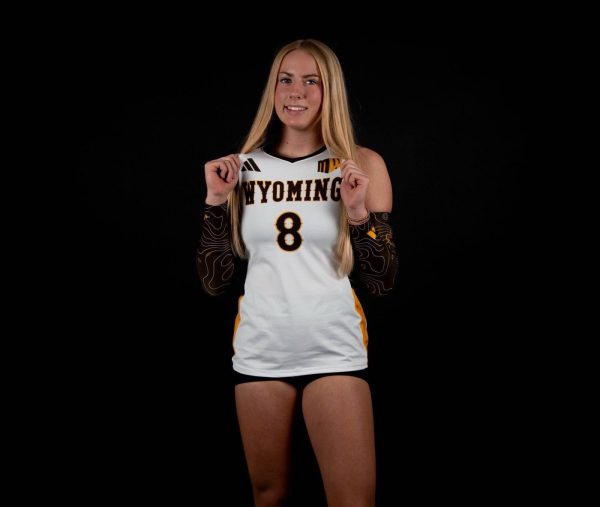The Period Project: One woman’s work redefines volunteering
Lizzy Camp and Jordan Brownhill
Period poverty, an issue that affects many in Fort Collins, led to the creation of the Period Project, which provides thousands of products every week.
For most, volunteer work means a quick hour or two over the weekend at a local non-profit. However, many issues that plague our community require more attention. Vanelle Peterson’s work to help those dealing with period poverty can teach us the importance of doing more to help each other.
The term “period poverty” is not one typically heard in casual conversation, a fact that Peterson hopes to change. According to the 2021 article State of the Period, which was commissioned by period product companies Thinx and PERIOD, period poverty is “the inability to access menstrual hygiene products.”
Every week, Peterson donates 1,800 tampons and 1,200 pads to the Food Bank, almost all of which are paid for by Peterson herself. When I first heard this, I could not believe it. Period products can cost anywhere from five to ten dollars for a month’s supply, so the idea of purchasing thousands of products every month sounded impossible. But for Peterson, the cost is worth it.
“I hate to see 50 percent of the population be at risk for not being able to participate fully in their lives,” Peterson says. Before starting this project, Peterson worked as an intake volunteer at the Loveland Food Bank. Every once in a while, they would receive donations of period products. “They went fast, so I knew there was a need locally,” Peterson recalls.
By 2017, Peterson had begun to focus on donating products herself, in an effort to keep enough period supplies for everyone coming in who might need them. As important as she knew her work was, Peterson struggled with finding her own limits. “The hardest part [of starting the project] was deciding how much I could give… I wanted to give as much as I could, but I had to decide what the limit was for me.”
Despite how difficult the project is to run, Peterson finds it incredibly fulfilling. “It’s really rewarding to see [the products] go out,” Peterson shares while thinking of her weekly trip to the Food Bank.
As gratifying as the project is, the problem is far from solved. Peterson’s biggest hope is to bring awareness to the problem of period poverty. The State of the Period 2021 article focuses on the effect of period poverty on students, referencing a survey that showed that 23 percent of students have struggled with the cost of buying products monthly, and 16 percent of students have had to choose purchasing period products over purchasing food.
With as much as she is currently doing to help the community, Peterson still has big hopes for the future of her project. Forthcoming, Peterson wants more people to participate in keeping the project running and the products going out.
Peterson’s work can be used to show a bigger moral lesson; that so much can be accomplished by helping each other. As Peterson herself states, “People can do little things to help one another.” The importance of giving where we can and supporting each other through our struggles cannot be ignored.
Your donation will support the student journalists of Fossil Ridge High School. Your contribution will allow us to purchase equipment and cover our annual website hosting costs.

Jordan Brownhill is a senior and the Editor in Chief of Etched in Stone, along with Lizzy Camp. Brownhill has been an integral part of the newsroom since her freshman year. Former Social Chair, she has always excelled at making staff feel comfortable, welcome, and important, while being a strong leader....



